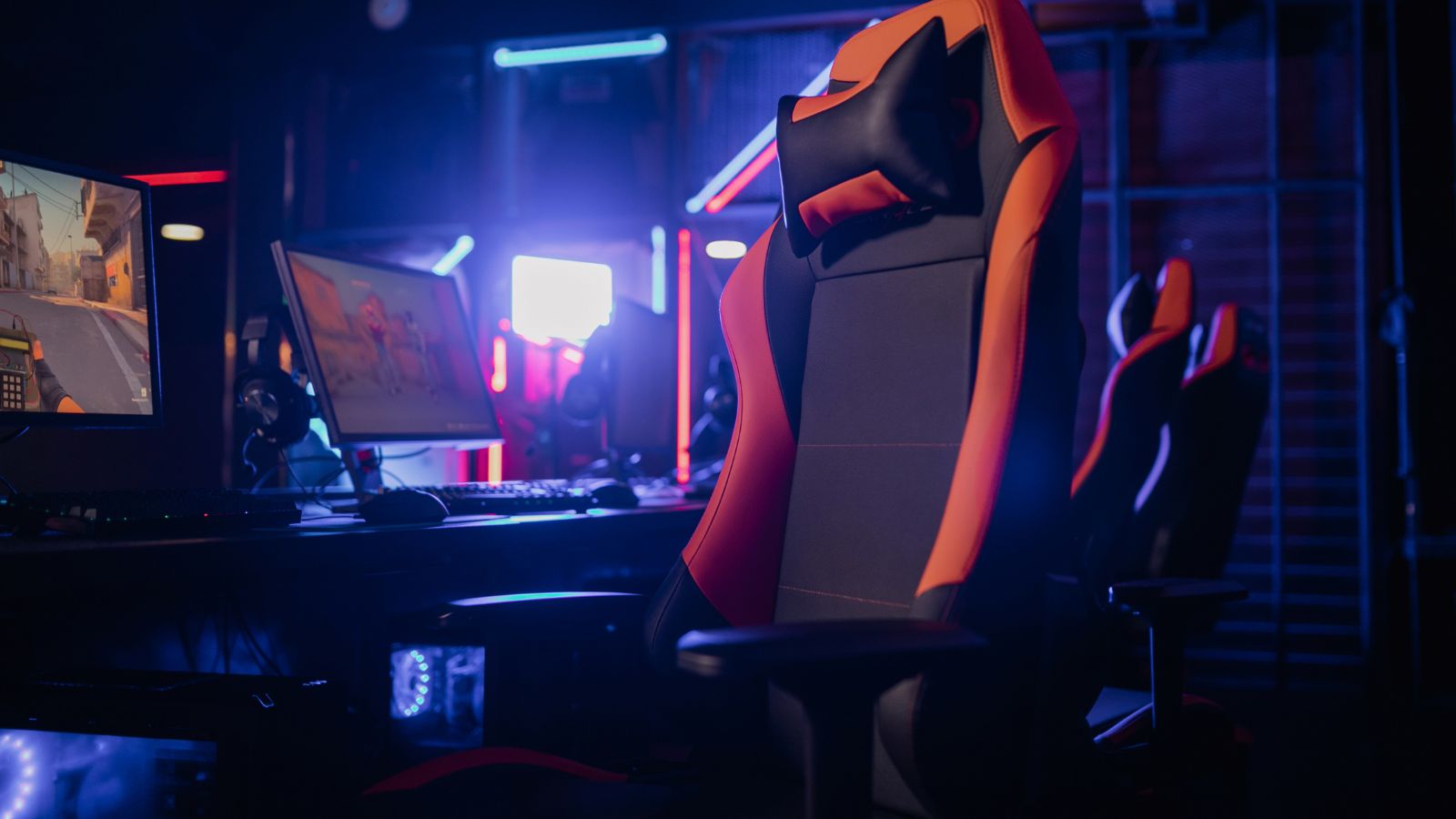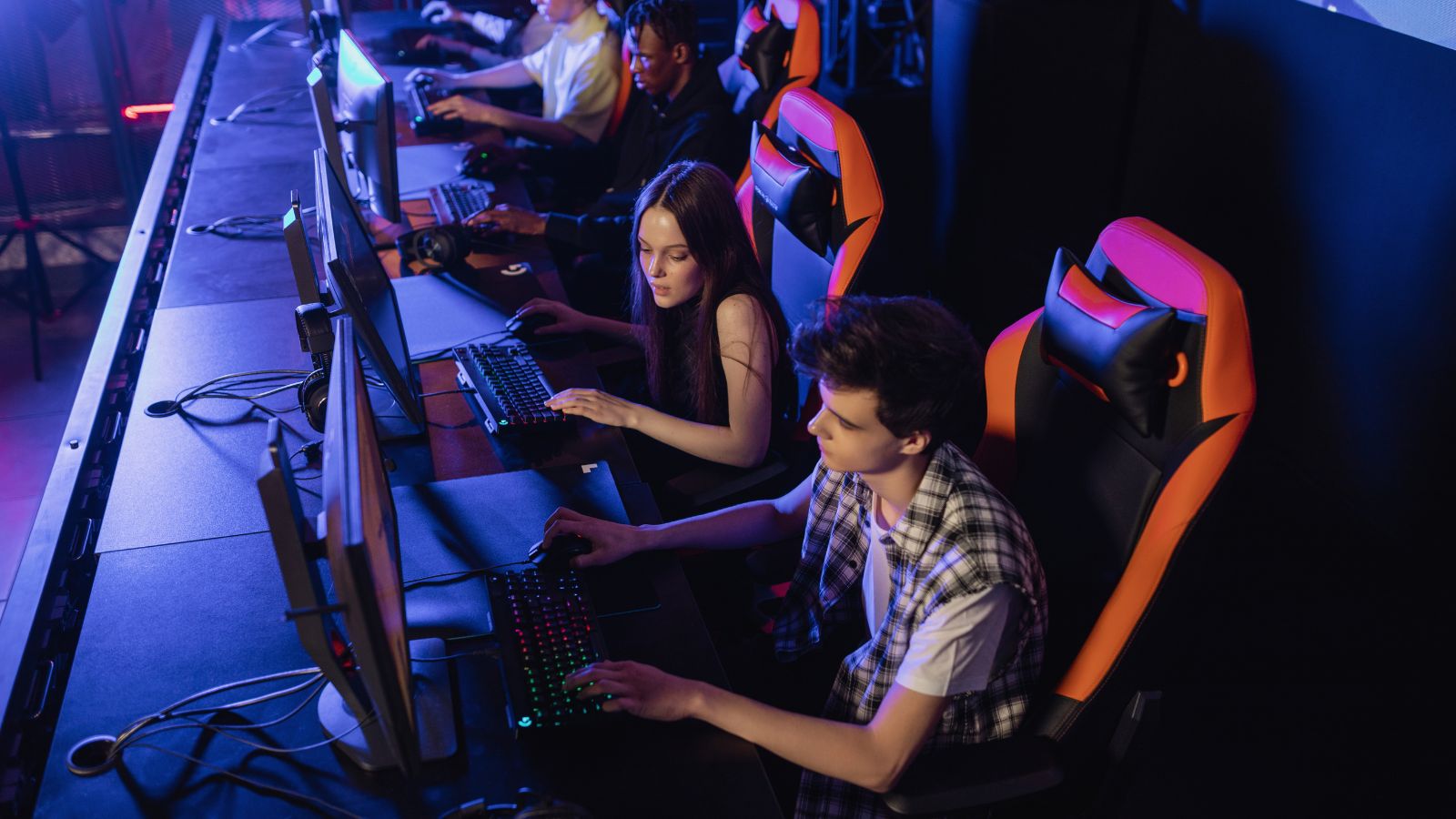CS2 case opening sites have become a major part of the Counter-Strike community, offering players a way to obtain rare skins and items outside of the in-game case system. While many see them as entertainment or a way to earn valuable skins, the growing concern around their addictive nature has sparked debate. The mechanics behind these platforms are not random—they’re engineered to keep users engaged and spending. Here’s why CS2 case opening sites are so addictive, and what psychological mechanisms are driving player behavior.
The Psychological Hook Of Random Rewards
At the core of every case opening site is a randomized reward system. Users pay to open a virtual case, hoping to land a high-value item such as a knife or rare skin. This system mimics the core mechanics of slot machines and other gambling products: low probability of a high reward, paired with frequent low-value outcomes.
This taps into what’s known as a “variable ratio reinforcement schedule”—a system proven to be the most effective at maintaining long-term behavioral engagement. Players never know when the big win will come, which creates a constant loop of hope and anticipation. The brain releases dopamine each time a case is opened, reinforcing the behavior even when the outcome is disappointing.
Instant Results And Fast Feedback
One key reason CS2 case opening sites are so engaging is the speed of interaction. From deposit to reward, everything happens within seconds. Players don’t have to wait to see the outcome—they click, the case spins, the item appears. This instant feedback loop removes any pause for rational decision-making, encouraging users to continue opening more cases without taking a break to reflect on their losses.
Sites like csmarket.gg and others optimize this experience further with seamless interfaces and smooth animations. Every element is designed to reduce friction and maximize user engagement.

Casino-Like Experience In A Gaming Wrapper
Most CS2 case opening sites are intentionally designed to resemble traditional gambling environments. The use of spinning wheels, suspenseful animations, and celebratory sounds when a rare skin drops are all part of the same psychological playbook used in real-world casinos.
Some platforms go even further by introducing additional game modes like case battles, skin upgrades, and jackpots, which offer an illusion of skill or strategy but are largely chance-based. The similarities aren’t coincidental—these sites borrow heavily from the gambling industry to build systems that keep users engaged longer and spending more.
Social Proof And Streamer Influence
Another powerful tool used by CS2 case opening sites is social proof. Most platforms display a real-time feed of user activity—showing who won what, how much it’s worth, and how recently it happened. This creates the illusion that big wins are frequent and accessible to everyone.
Sites like csmarket.gg actively promote influencer and streamer collaborations. YouTube and Twitch are filled with videos of content creators opening hundreds of cases, reacting to big drops, and encouraging their viewers to try the same. These videos often include promo codes, referral links, and sponsored giveaways, further lowering the barrier to entry and making the experience look more rewarding than it usually is.
The result is a powerful feedback loop: players see others winning, feel like they’re missing out, and are more likely to open cases themselves to replicate the excitement.
Daily Bonuses, Loyalty Rewards, And VIP Programs
To keep users coming back, most CS2 case opening sites offer progression systems, loyalty programs, and daily login bonuses. Even when a player loses money, the platform rewards them with small perks—such as free spins, deposit bonuses, or level-up rewards.
This “retention loop” tricks the brain into thinking the player is gaining something even while losing money. The longer users stay, the more invested they feel, and the more likely they are to keep spending to “get something back” or reach the next tier of rewards.
Real Value = Real Stakes
Unlike many traditional loot box systems in video games, the items won on CS2 case opening sites can have significant real-world value. Some skins are worth hundreds or thousands of dollars and can be sold or traded on third-party marketplaces.
This connection between virtual rewards and real money increases the psychological stakes of each case. Users don’t just see the items as in-game cosmetics—they view them as assets. This mindset shifts the entire experience from entertainment to speculation, similar to gambling or trading.
Lack Of Regulation And Age Restrictions
One of the major concerns surrounding CS2 case opening sites is the lack of regulation. While the in-game case opening system by Valve has faced legal scrutiny in some countries, third-party sites operate with far fewer restrictions. Many of them don’t enforce strict age verification, and some don’t clearly communicate the odds of winning different items.
This unregulated environment makes it especially easy for younger audiences to participate. Without oversight, these platforms become high-risk spaces for developing unhealthy gambling behavior—especially for players who may not fully understand the risks or the mathematics behind the odds.

The Illusion Of Control
Another factor that contributes to addiction is the illusion of control. Some sites allow users to choose which case to open, what skin to upgrade, or who to battle against. While these actions may appear strategic, they don’t influence the underlying randomness of the outcome. The sense of agency gives players false confidence, making them more likely to keep engaging with the platform despite consistent losses.
Conclusion
CS2 case opening sites are addictive not by accident, but by design. They combine psychological triggers such as variable rewards, instant feedback, social proof, and real-world value to keep users engaged and spending. The experience closely resembles gambling and, in many ways, is even more accessible due to weak regulation and lower barriers to entry.
Platforms like csmarket.gg offer polished, entertaining services that appeal to a wide audience, but it’s essential for users to understand the mechanisms at play. The line between gaming and gambling is increasingly blurred, and without awareness or self-control, casual case opening can quickly spiral into something more serious.
Before using any CS2 case opening site, players should ask themselves one key question: are they playing for fun, or are they chasing something that may never come?



